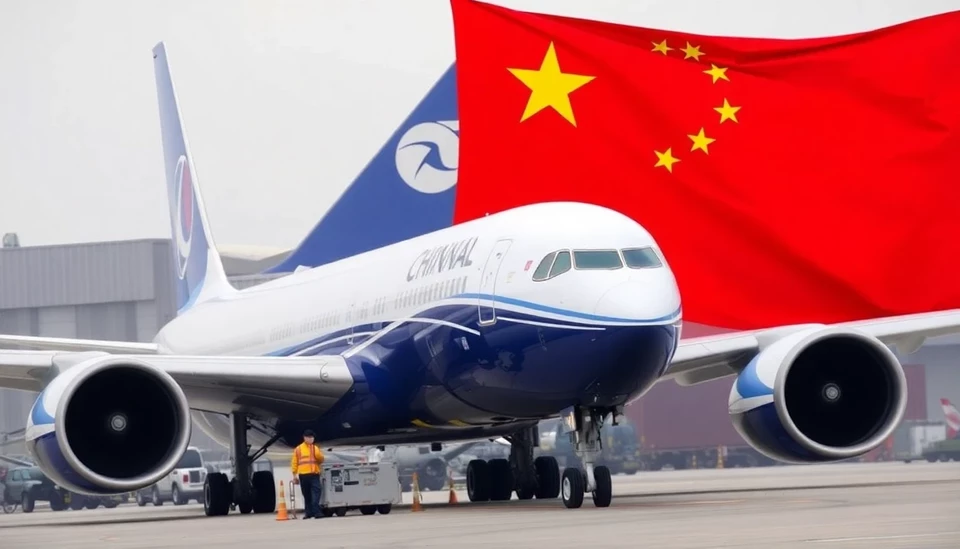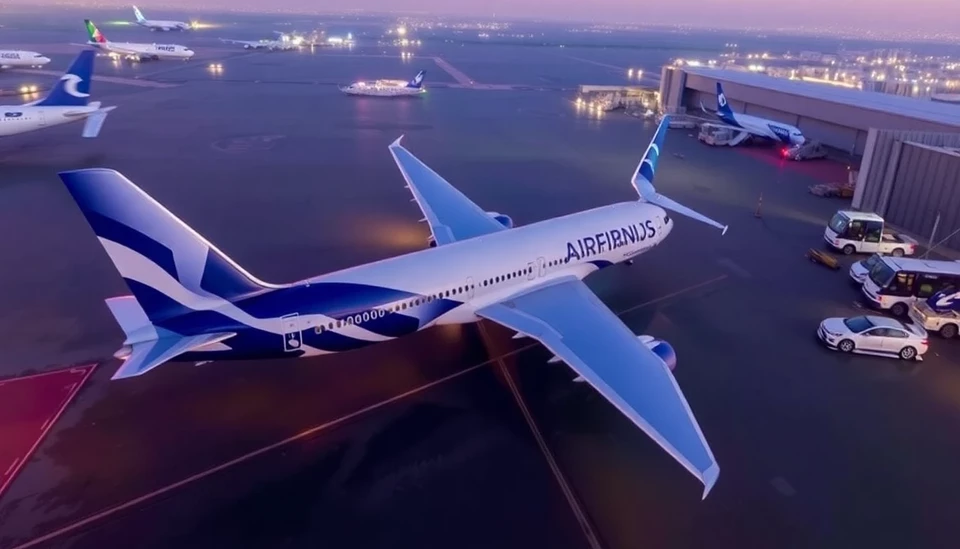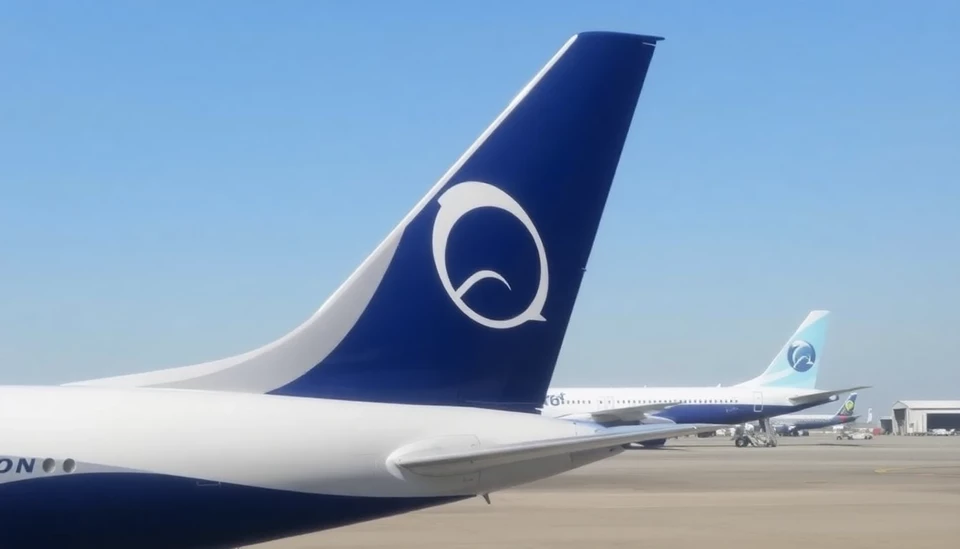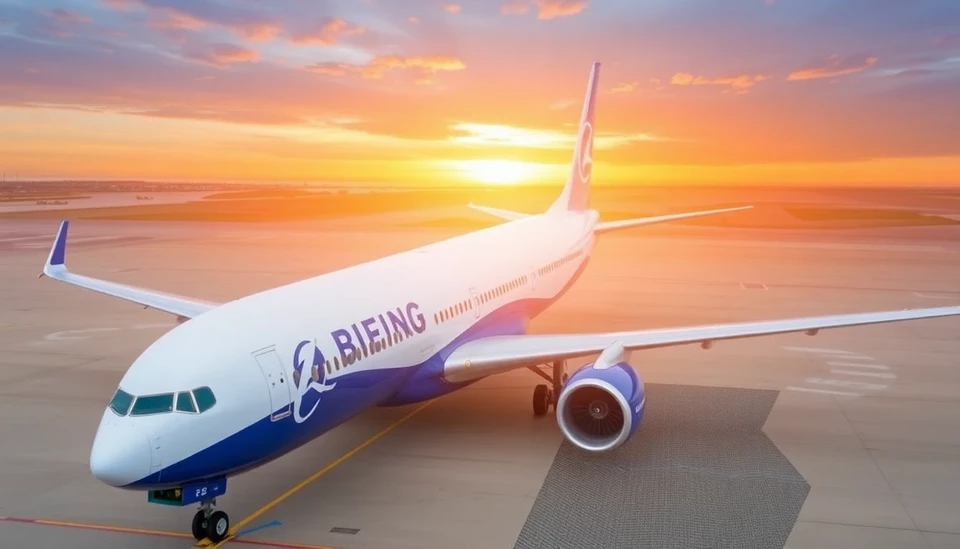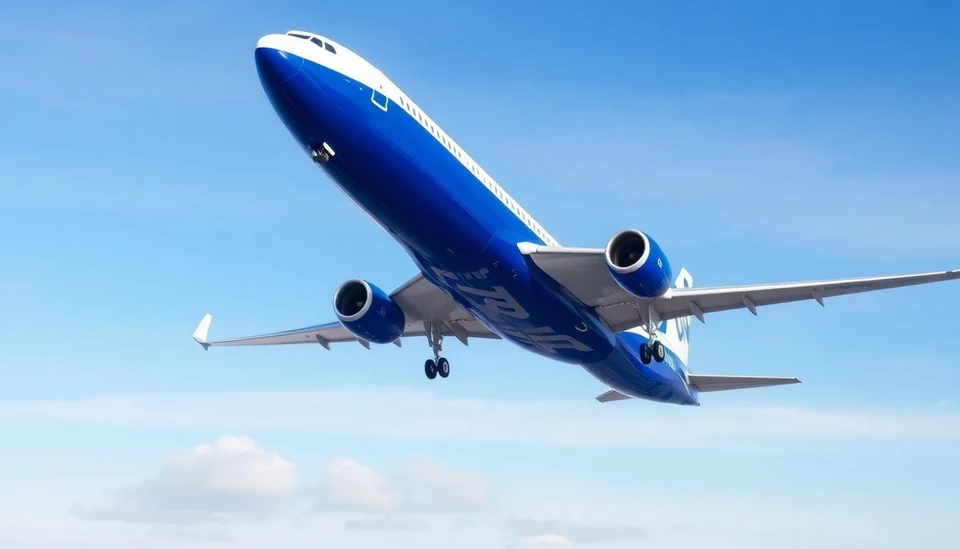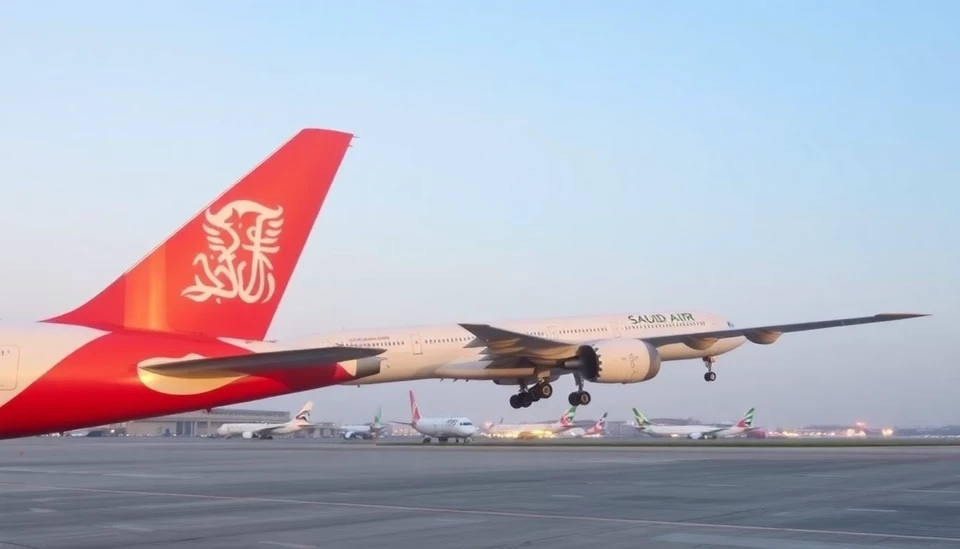
In a significant development for the aviation industry, Boeing's manufacturing delays are causing a ripple effect on the schedule of Saudi Arabia's latest airline venture, Riyadh Air. The startup, backed by the Saudi Public Investment Fund (PIF), was anticipated to reshape regional travel dynamics, but the delays in aircraft deliveries have created uncertainty surrounding its operational timeline.
Riyadh Air, launched last year and headed by former Emirates executive Tony Douglas, aimed to become a major player in international aviation, projecting to connect travelers around the globe with its modern fleet. However, the airline's ambitions are being hampered by Boeing's manufacturing setbacks primarily linked to the production of its 787 Dreamliner, a key aircraft for commercial aviation that Riyadh Air is expected to incorporate into its fleet.
The issues at Boeing stem from a combination of supply chain hurdles and regulatory challenges, which have extended the timelines for delivery of their aircraft. This has led to Riyadh Air facing challenges in meeting its initial target of starting service in the latter half of 2025. Insiders suggest that the airline may have to revise its plans, potentially delaying its inaugural flights.
Despite these setbacks, Riyadh Air remains committed to its vision. The airline plans to focus on a broad portfolio of destinations, aiming to leverage Riyadh's geographical position as a global transit hub. The Saudi government has ambitious economic diversification plans under its Vision 2030 initiative, which the establishment of Riyadh Air is a pivotal part of, aiming to draw tourists and business travelers from around the world.
As the situation unfolds, it is clear that both Boeing and Riyadh Air will need to navigate these substantial challenges to achieve their strategic objectives. Stakeholders are watching closely as developments continue in the coming months, particularly regarding any adjustments to schedules and operational plans in response to the manufacturing delays.
In light of these events, the global aviation community is placed at a crucial crossroad, with Boeing's recent setbacks potentially influencing not only Riyadh Air's launch but also the broader dynamics of the airline market. Given the significant role that new entrants like Riyadh Air play in enhancing competition and service offerings, timely resolutions to these issues are essential for the health of the industry.
As the new airline strives to find its footing amid these challenges, the focus will be on strategic partnerships and potential collaborations to ensure that Riyadh Air can achieve its long-term objectives successfully.
With all eyes on Riyadh Air, it remains to be seen how the alignment of aircraft delivery schedules with operational plans will unfold. Stakeholders are hopeful for a quick resolution, given the urgent need for competitive air travel options in the region.
In summary, while Boeing’s production challenges have posed significant hurdles for Riyadh Air, the airline’s commitment to its long-term vision amidst these delays highlights the resilience of the aviation sector. The coming months will be telling for both Boeing and Riyadh Air in turning challenges into opportunities.
#Boeing #RiyadhAir #Aviation #SaudiArabia #AirlineIndustry #ManufacturingDelays #GlobalTravel #Vision2030
Author: Victoria Adams
